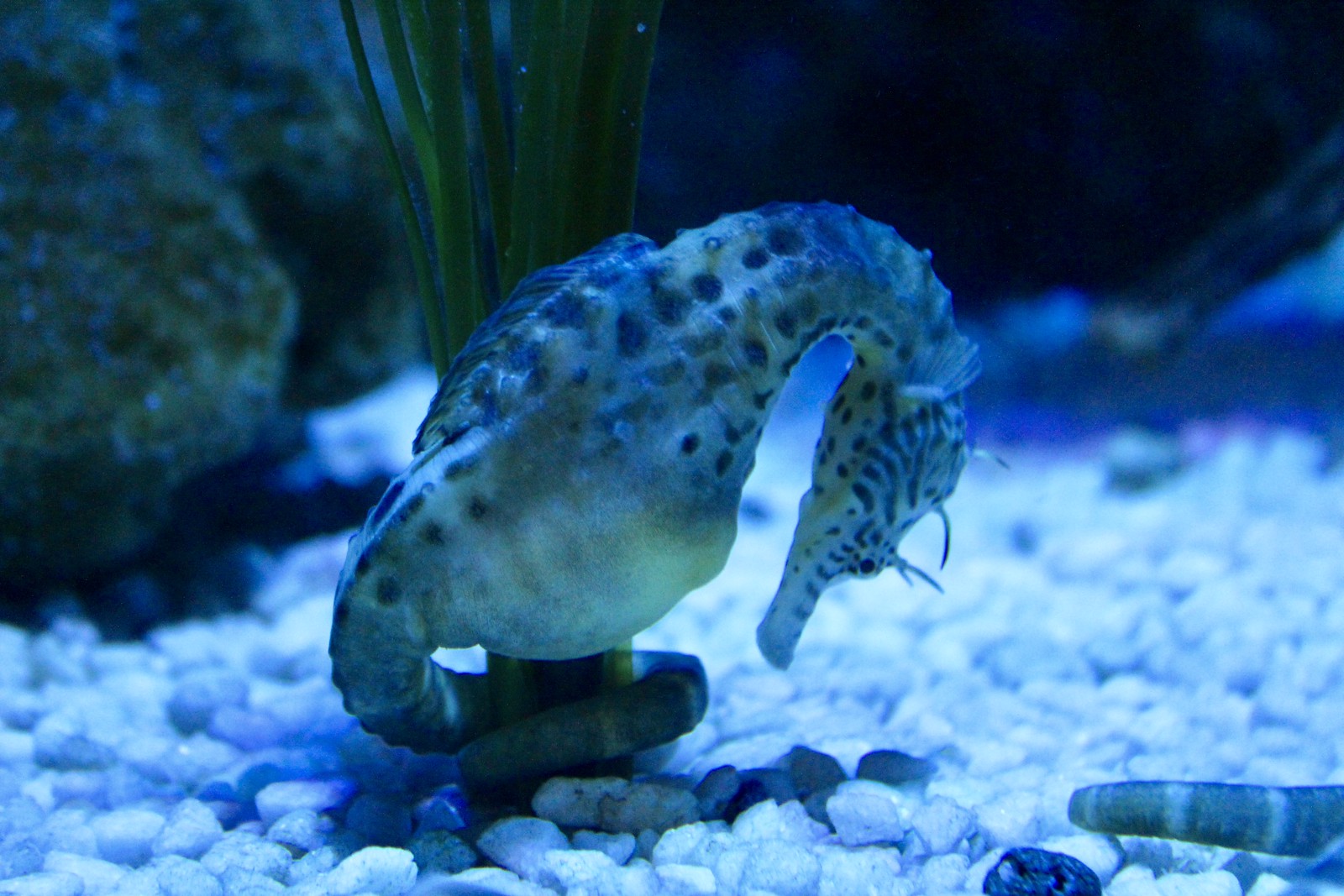Drowning in Polypropylene

Following the impassioned speech made by Sir David Attenborough in his recent documentary series1, Scotland has vowed to ban plastic straws by the end of 2019 in a bid to tackle the rise in marine litter3. It is no surprise that humans are contributing to the destruction of coral and marine life, but the series showed a chilling truth through an accessible medium that shocked the public into campaigning to restrict the use of unnecessary plastic in products.
Legislation changes have already been made to cut back on single use plastics. For example, the 5p charge on plastic bags which was implemented in 2015, and the ban on production of personal care products containing microbeads at the start of this year4. However, according to the Marine Conservation Society, the UK uses 8.5 billion straws per year, and straws are in the top 10 most common items found during beach clean-ups. Plastic cotton earbuds are also causing major problems since they are often flushed down the toilet and end up in the ocean. There, they are swallowed by sealife who proceed to starve or become mortally wounded if they cannot regurgitate the plastic in time 5. However, the death of marine animals and floating debris in the ocean is not the only cause for concern.
Microplastics are particles of plastic smaller than 5mm in size, produced by the degradation of debris or microbeads. Plankton have been observed consuming microplastic waste6, and as plankton are consumed by larger organisms, the plastic contaminants enter our food chain. Not much is known about the impact of microplastics on our health but in 2014, researchers found that we could be consuming 11,000 particles of microplastics per year through seafood 7.
Using recyclable plastic won’t necessarily solve this problem. Typically, plastic straws are made from polypropylene8, a fully recyclable material. Unfortunately, straws often end up in general waste as the recycling process is not cost efficient. It is too hard to separate them out from other recyclables since they are small and lightweight. Alternatives for plastic straws are readily available and varying in material. Some bars and restaurants have already traded out for paper or metal straws, the latter being more expensive but easily reused. Some more creative alternatives have been appearing too, with bamboo, glass and even pasta straws being used by businesses across the country. There are also options for purchasing a foldable straw to carry around, saving the need for any wastage.
So, what more is being done to reduce single use plastics? In many coffee shops, a scheme has been set up to offer a discount on your morning coffee if you carry a reusable cup instead of a single use one, fast food chains keep plastic straws behind the counter to reduce waste, with the plan to eventually phase in paper straws, and plastic cotton buds are being replaced with less damaging paper ones. Continuing this reduction of plastic usage is a necessity to secure the future of the ocean, and to preserve the vast ecosystem it supports.
Edited by Katrina Wesencraft
References
- https://www.youtube.com/watch?v=1_HBgvmrhGU
- More information about the single-use plastic ban: https://www.independent.co.uk/environment/scotland-plastic-straw-ban-pollution-2019-cotton-buds-a8206636.html[/note]. The nation’s favourite naturalist presented Blue Planet II, highlighting the tragic consequences of our single-use plastic consumption 2Information and clips from Blue Planet II https://www.bbc.co.uk/programmes/p04tjbtx
- Microbead ban: https://www.gov.uk/government/news/world-leading-microbeads-ban-takes-effect
- Marine Conversation Article: https://www.mcsuk.org/news/bar-straws/
- Plankton videoed eating plastic: https://www.youtube.com/watch?v=mGzIz9Ld-sE
- Full paper on microplastic present in bivalves: https://www.sciencedirect.com/science/article/pii/S0269749114002425
- How straws are made: https://www.sciencedirect.com/science/article/pii/S0269749114002425










